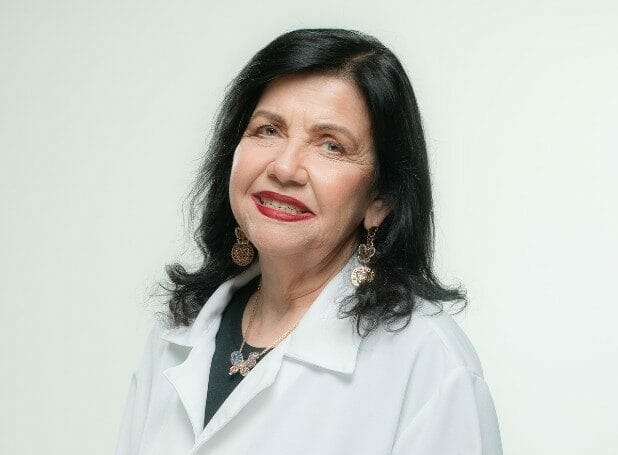Mariangela Hungria Wins the Oscar of World Food Prizes 2025 as Biological Agriculture Revolution Signals New Era in Global Food Production
Brazilian scientist Mariangela Hungria wins World Food Prize 2025! Discover how biological treatments revolutionise sustainable agriculture, boosting crop productivity and reducing environmental impact worldwide.

A groundbreaking advancement in sustainable agriculture is reshaping global food production, as biological treatments emerge as powerful alternatives to conventional farming methods. These innovations are particularly transforming agricultural practices in developing nations, leading to significant improvements in crop yields whilst reducing environmental impact.
The agricultural sector is witnessing a remarkable shift towards biological solutions, with pioneering research demonstrating how naturally occurring soil bacteria can dramatically enhance crop productivity. This approach represents a significant departure from traditional reliance on synthetic fertilisers, offering both environmental and economic advantages for farmers worldwide.
The Science Behind Biological Agriculture
At the heart of this agricultural evolution lies the process of biological nitrogen fixation, where crops form mutually beneficial relationships with soil bacteria. This natural partnership provides essential nutrients for plant growth without the need for synthetic fertilisers, marking a crucial step towards more sustainable farming practices.
Dr Mariangela Hungria, recently named the 2025 World Food Prize Laureate, has been at the forefront of this agricultural revolution. Her research has shown that applying specific bacterial strains to soybean crops can increase yields by up to eight per cent compared to synthetic fertiliser use. ‘Replacing the use of chemicals with biologicals in agriculture has been the fight of my life’, says Dr Hungria. ‘I’m really proud of making a contribution towards producing food while decreasing the environmental impact’.
Economic and Environmental Benefits
The impact of these biological treatments extends far beyond the laboratory. Their application across more than 40 million hectares has generated remarkable results, with farmers saving up to US$25 billion annually in input costs. Moreover, this approach has prevented the release of over 230 million metric tons of CO2 equivalent emissions per year.
This success story illustrates how agricultural evolution and sustainability can work hand in hand. The widespread adoption of these techniques has contributed to extraordinary productivity gains, with soybean production in Brazil alone increasing from 15 million tons in 1979 to an anticipated 173 million tons in the coming harvest.
Future Applications and Global Impact
The potential of biological treatments extends beyond traditional crop farming. Recent developments include the creation of the first microbial inoculant for grass pastures, which has demonstrated a 22 per cent increase in biomass production. This breakthrough offers promising solutions for livestock farmers seeking to improve cattle nutrition whilst maintaining environmental sustainability.
According to recent research, the adoption of microbial solutions in agriculture continues to grow globally, with developing nations leading the charge in implementing these sustainable practices. This trend suggests a significant shift in how we approach food security and environmental conservation in agriculture.
Women in Agricultural Innovation
The success of these biological agricultural solutions also highlights the crucial role of women in scientific innovation. Dr Hungria’s journey, from facing prejudices against women and young mothers in academia to being named one of the 100 most powerful women in agriculture in Brazil by Forbes, serves as an inspiration for future generations of scientists.
Her contribution extends beyond practical applications to education and knowledge sharing. As the author of more than 500 papers, chapters and publications, including the first Portuguese-language manual for soil microbiology methods adapted to the tropics, she has helped build the foundation for future advancements in sustainable agriculture.
This biological revolution in agriculture represents a crucial step towards addressing global food security challenges whilst protecting our planet’s resources. As these techniques continue to prove their worth, they offer a promising blueprint for the future of sustainable farming practices worldwide.
Do you want to share your story and inspire our readers ? Make The GOOD NEWS with us . Let’s start paving the way for a fairer, happier society together!





